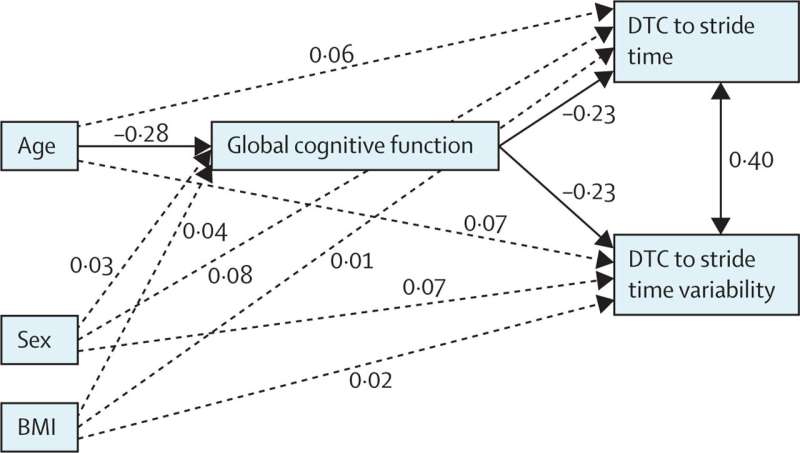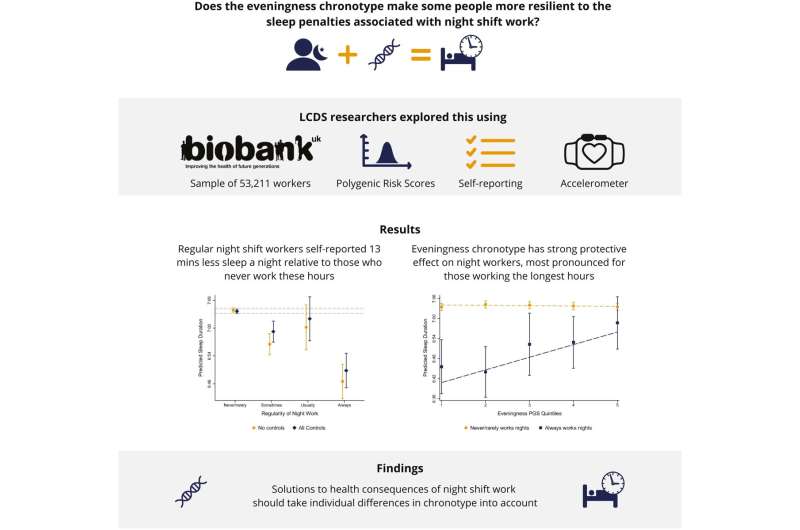Medical science has always been a field of constant innovation and breakthroughs, but the latest advancements have truly opened up a world of possibilities for future health. From groundbreaking gene-editing technologies to revolutionary treatments for previously incurable diseases, these recent discoveries have brought about a renewed sense of hope and optimism. With each new development, the potential for longer and healthier lives grows, offering a promising future for individuals and society as a whole. In this essay, we will explore some of the most notable breakthroughs in medical science, highlighting their potential impact and the hope they bring for a healthier future.
Contents
Innovation and Breakthroughs
The field of medical science has always been at the forefront of innovation and breakthroughs, constantly striving to improve the health and well-being of individuals across the globe. In recent years, there have been significant advancements that offer promising hope for the future of healthcare. These breakthroughs encompass various areas, from personalized medicine to regenerative therapies, and they hold the potential to revolutionize the way we treat diseases and enhance overall human health.
Personalized Medicine
One of the most exciting breakthroughs in medical science is the advancement of personalized medicine. With the help of genetic testing and advanced technologies, doctors and researchers can now tailor treatments to an individual’s unique genetic makeup. This approach allows for a more precise and effective treatment plan, minimizing adverse side effects and increasing the chances of successful outcomes. Personalized medicine has already proven to be highly effective in treating certain types of cancer, where targeted therapies have shown remarkable results in specific patient populations.
Healthcare
Furthermore, regenerative medicine is another area that holds immense potential for the future of healthcare. Scientists are increasingly exploring the use of stem cells and tissue engineering to repair and replace damaged tissues and organs. This breakthrough opens up possibilities for treating conditions that were previously deemed untreatable, such as spinal cord injuries or degenerative diseases like Parkinson’s or Alzheimer’s. While still in its early stages, regenerative medicine offers hope for patients who have long been suffering from irreversible conditions, promising a better quality of life and potentially eliminating the need for organ transplantation.
Medical Technology
Advancements in medical technology have also played a crucial role in improving patient care. The development of wearable devices and health-monitoring apps has empowered individuals to take charge of their own health by tracking vital signs, physical activity, and sleep patterns. This data can be shared with healthcare professionals, allowing for more accurate diagnoses, personalized treatment plans, and early intervention. Moreover, telemedicine has gained significant traction, enabling remote consultations and monitoring, which is particularly beneficial for individuals in rural or underserved areas.
Humanity For Centuries
In addition to these breakthroughs, researchers are making significant progress in understanding and combating diseases that have plagued humanity for centuries. For instance, recent advancements in immunotherapy have revolutionized cancer treatment, harnessing the body’s immune system to target and destroy cancer cells. This approach has shown remarkable success rates and fewer side effects compared to traditional chemotherapy or radiation therapy. Furthermore, breakthroughs in gene editing technologies, such as CRISPR-Cas9, offer the potential to correct genetic mutations that cause inherited diseases, providing hope for those affected by conditions that were previously considered incurable.
Ethical and Regulatory Considerations
While these breakthroughs in medical science are undoubtedly promising, it is important to acknowledge that translating them into widespread clinical practice takes time and rigorous testing. Ethical and regulatory considerations must be carefully addressed to ensure patient safety and equitable access to these advancements. However, the progress made thus far gives us hope that the future of healthcare will be characterized by personalized treatments, regenerative therapies, and improved patient outcomes.
The latest breakthroughs in medical science offer a glimmer of hope for the future of healthcare. Personalized medicine, regenerative therapies, advancements in medical technology, and a deeper understanding of diseases are transforming the way we approach healthcare. These breakthroughs have the potential to improve the lives of millions, providing more effective treatments, reducing suffering, and ultimately extending human lifespan. As we continue to push the boundaries of medical science, we can look forward to a future where diseases that were once devastating become manageable, if not eradicated altogether.




